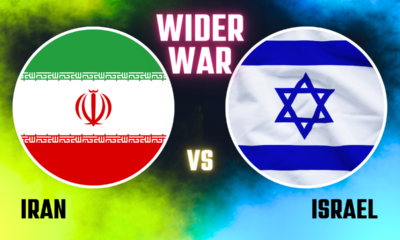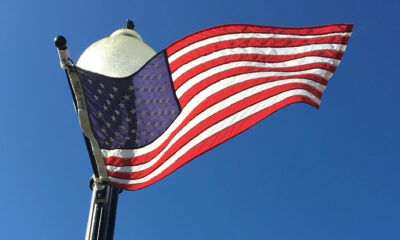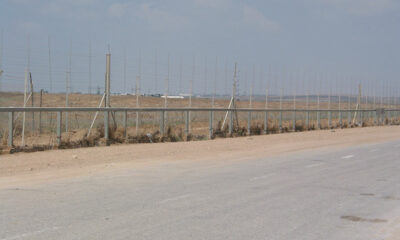Human Interest
Courage: precondition to wisdom
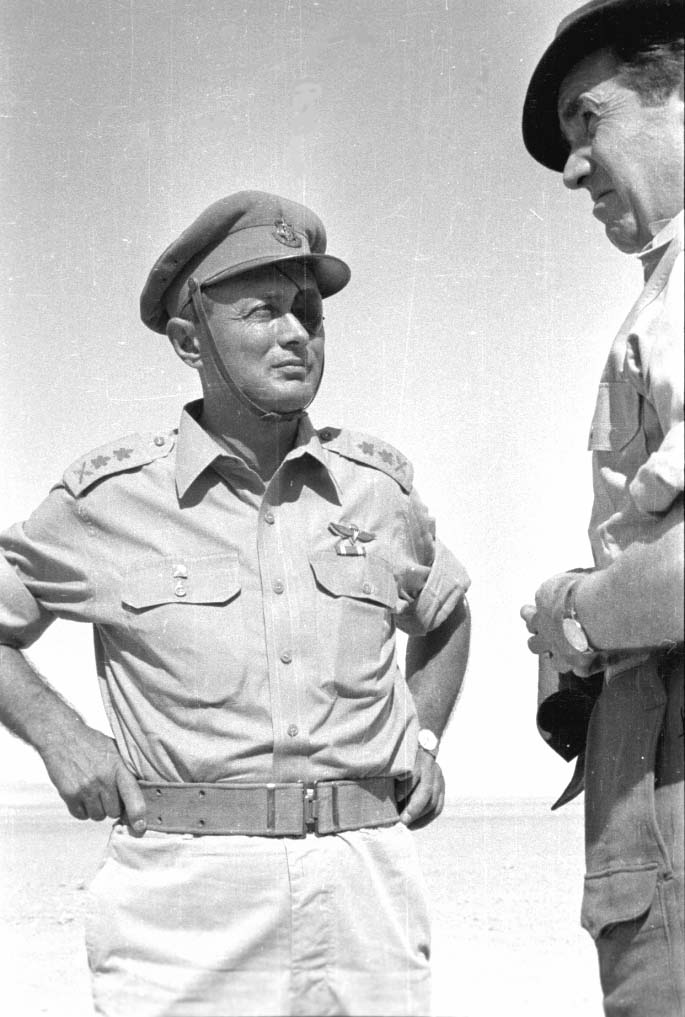
Why is courage a precondition of wisdom? The answer is germane to the plight in which democratic Israel has found itself since September 13, 1993, when Prime Minister Yitzhak Rabin shook hands with Yasser Arafat, the leader of the PLO, an Arab-Islamic despotism. That handshake was a subtle and unseen manifestation of moral equivalency!
Lack of courage gets people killed
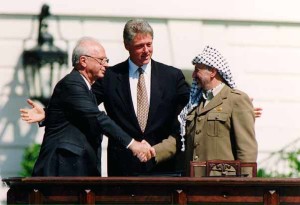
Bill Clinton, Yitzhak Rabin, and Yasser Arafat at the White House, 13 September 1993. Photo: Vince Musi/The White House
This moral equivalency has resulted in the murder of 1,000 Jewish men, women, and children and the incapacitation of many thousands more.
Neither courage nor wisdom prompted Israel’s leaders to consort with the Palestinian disciples of Muhammad. To the contrary, wisdom and courage would commit them, not to a far-fetched accommodation with that implacable enemy, but to the enemy’s eventual elimination, as would be the case if you were plagued by a rat-infested neighborhood. Treating rats as human beings signifies a lack of wisdom and courage. But we have yet to address the issue of why courage is a precondition of wisdom.
An example from the ancient world
Since we are not speaking of physical courage but of moral courage, let us refer to Plato’s dialogue The Apology. In this dialogue Socrates is accused of not believing in the gods of Athens. The penalty is death, which he can avoid by cease questioning Athenians about the truth. However, since the unexamined life is not worth living, Socrates refrains from avoiding death.
It must be understood, however, that Socrates did not question the existence of divine beings, but of their earthly equivalents, the opinion makers of Athens, its politicians and poets, who shaped the ends, values, or life style of Athenians. Socrates’ ceaseless questioning threatened their status, the status of the “Establishment.”
This is roughly equivalent to questioning the rationality and justice of the city’s method of electing its rulers. Such questioning is “politically incorrect.” This is roughly equivalent to questioning the rationality and justice of a nation’s method of electing its rulers. Since such “politically incorrect” questioning may have revolutionary consequences, it will be suppressed by those who shape public opinion via the nation’s media of education. But we have yet to tackle the issue of why courage is a precondition of wisdom.
Confronted by alternative courses of action, the courageous statesman does not seek to avoid dangers at all costs. Rather, he ponders over the long-term consequences of a particular course of action; and his decision is not unduly influenced by public opinion, or by immediate adverse effects on his popularity.
His courage gives him time to think and weigh the advantages and disadvantages of one course of action vis-à-vis another. Will he have enough time to educate public opinion in the direction toward which he himself deems in the public interest?
Here we see the dependence of wisdom on courage, or, if you prefer, their ultimate interdependence, without denying the priority of courage. Without courage the wimps win the day, and your country limps from crisis to crisis whose only end is death.◙
-
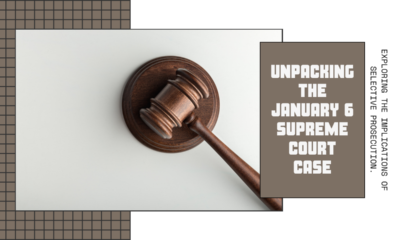
 Executive2 days ago
Executive2 days agoJanuary 6 case comes down to selective prosecution
-
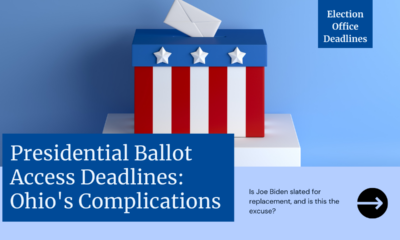
 Executive1 day ago
Executive1 day agoBiden ballot woes continue
-
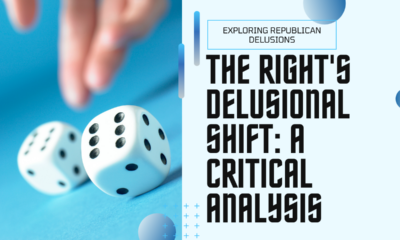
 News2 days ago
News2 days agoRolling the Dice on Republicans: Has the Right Become Delusional?
-
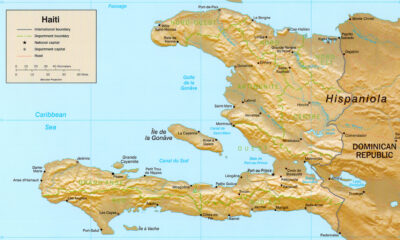
 Civilization1 day ago
Civilization1 day agoPresident Biden Must Not Encourage Illegal Mass Migration From Haiti
-

 Executive1 day ago
Executive1 day agoWhy Fatal Police Shootings Aren’t Declining: Some Uncomfortable Facts
-
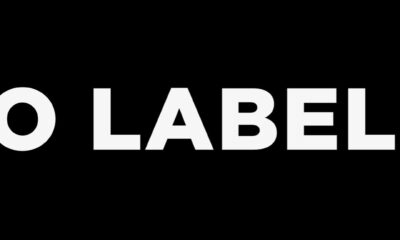
 Guest Columns1 day ago
Guest Columns1 day agoWhat Was Won in No Labels’ Crusade
-

 Constitution1 day ago
Constitution1 day agoEquality Under the Law and Conflicts of Interest in New York
-
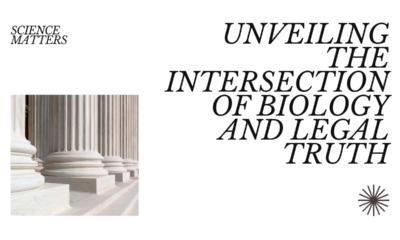
 Civilization2 days ago
Civilization2 days agoBiology, the Supreme Court, and truth


